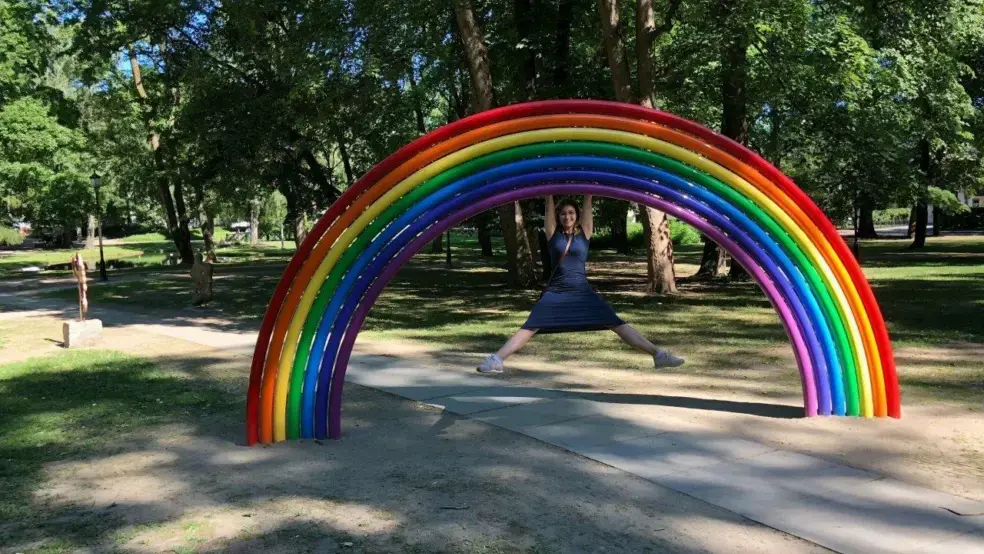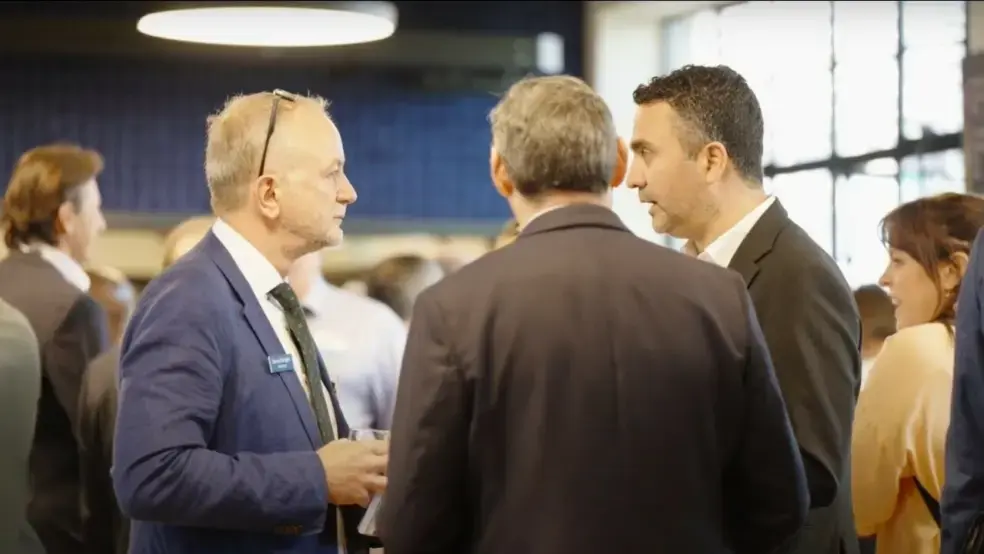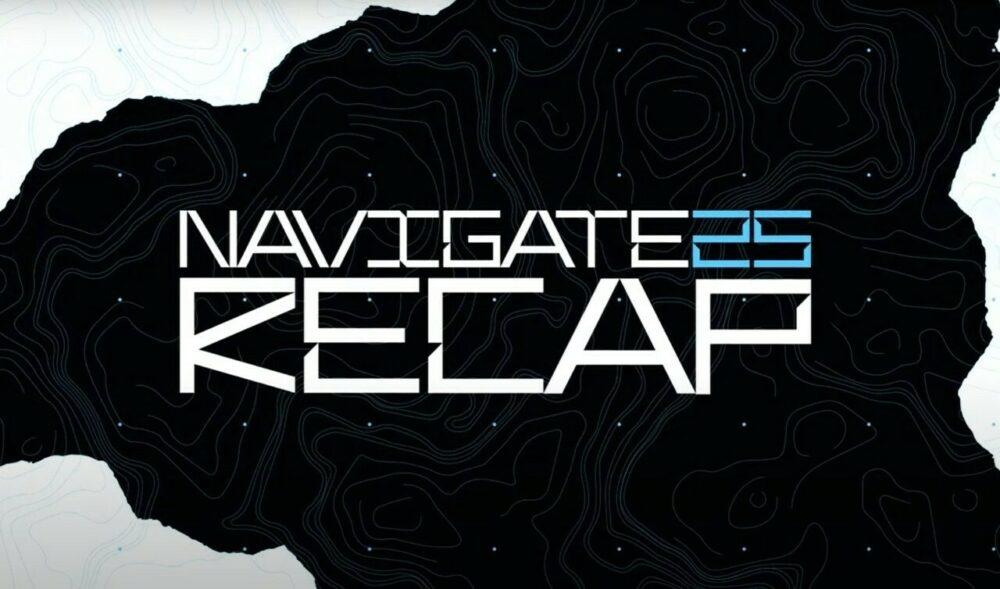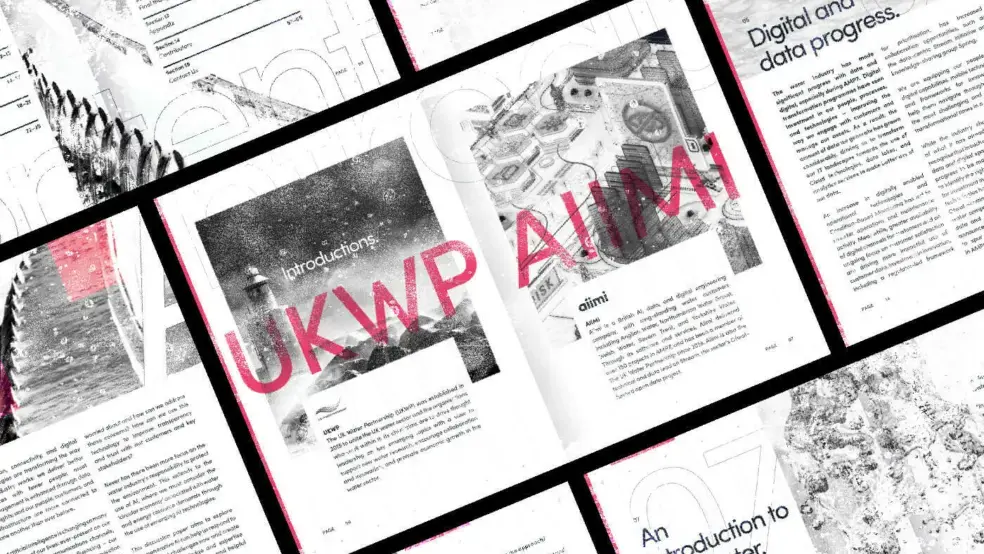Please Action This: Pride and Allyship in the Workplace

Happy Pride Month! While normally during this time of year, those of us in the LGBTQ+ community might be getting out there with all our rainbow swag on and letting the world know just how loud and proud we can be, the current coronavirus pandemic is making this Pride Month a bit more low-key than previous years. This change got me thinking about the smaller ways I celebrate my pride as part of the LGBTQ+ community, and how it manifests itself in the workplace.
First off, by way of introduction, I am a queer, pansexual, cis, white woman and my pronouns are she/her. I am a person of both privilege and marginalisation, which informs how I perform both pride and allyship. A quick aside: the word “perform” is a deliberate choice. Being an ally is about doing, not about saying “I support [insert marginalised group]!” and leaving it at that. I argue that pride is the same thing.
I’m very lucky to be in a position where coming out isn’t dangerous.
A few years ago, I was casually chatting with some co-workers about something or another, when I mentioned a high school boyfriend I had a lifetime ago. One of my co-workers asked, “Oh, was that before you realised you were gay?” I knew the moment she said it that it was time for me to come out again. Now, I’m very lucky to be in a position where coming out isn’t dangerous—at most it’s tiresome and a reminder that to many, my sexuality and relationship is still “other.” It’s an extra mental load I carry throughout the day (as does every other marginalised person out there, to varying degrees).
I won’t hold it against you if throughout reading this you've been asking “what does ‘pansexual’ mean? Why is she using ‘queer’, not bisexual or lesbian?” Pansexuality is the attraction to people across the gender spectrum, and as I am a person whose attraction to others doesn’t hinge on gender, it’s the label I feel most comfortable with.
Sometimes, all I want to do is avoid the conversation because it’s tiring...but I will do it anyway because I want to stand up for other marginalised groups.
There’s a bit of a movement within some bi spaces to redefine bisexuality as the attraction to your own gender and those of others, which I think is a great reframing, but doesn’t quite gel with me or free it from the historical baggage of a two-gender framework in the way I’d like it to. When I say I’m pansexual, it’s true that I’m making a statement about myself and laying claim to the pride in my identity and the journey to understanding it. But also, I’m reaffirming the existence of genders beyond the binary “man” and “woman.” I’m opening the door to conversations about non-binary and agender identities with people who may not know anything about them. Sometimes, all I want to do is avoid the conversation because it’s tiring and I’ve had this conversation a thousand times before, but I will do it anyway because I want to stand up for other marginalised groups, particularly those who carry more weight and worry than I do. Supporting these people through educating others is one way I can do that.
LGBTQ+ or otherwise, you can support marginalised folks, too. For me, this means leading by example and using my own “otherness” as a queer woman to educate others. For you, it can be something else, but it must mean doing something. Show up for any group that is suffering under systemic injustice by speaking up when people say things they shouldn’t, listen to perspectives other than your own, educate yourself on issues that you’re not well-versed in and share what you learn with those around you.
Leading by example can be hard. Sometimes people are resistant to learning, particularly when it challenges their perception of reality or self-identity (as discussions of marginalisation and privilege often do). But that's what allies do. Being an ally isn’t pretty. Having pride isn’t pretty. It isn’t always glitter and rainbows, but it is absolutely worthwhile.
Stay in the know with updates, articles, and events from Aiimi.
Discover more from Aiimi - we’ll keep you updated with our latest thought leadership, product news, and research reports, direct to your inbox.
You may unsubscribe from these communications at any time. For information about our commitment to protecting your information, please review our Privacy Policy.



